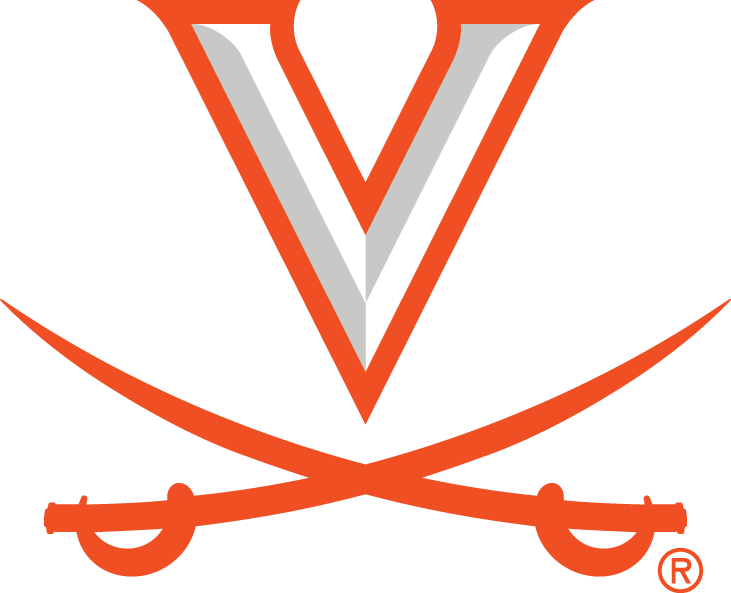By Jeff White (jwhite@virginia.edu)
VirginiaSports.com
CHARLOTTESVILLE, Va. — On a gray, drizzly afternoon at Klöckner Stadium, Virginia and Maryland played a game for the ages on March 28, 2009, an 85-minute slugfest marked by controversary and drama. It unfolded in front of more than 5,100 fans, most of whom undoubtedly still remember the occasion.
At times it seemed like this ACC clash might never end, and the tension grew to almost unbearable levels. Sixty seconds into the seventh four-minute overtime period, however, junior midfielder Brian Carroll scored to give top-ranked UVA a 10-9 victory over No. 9 Maryland in the longest game in the history of NCAA Division I men’s lacrosse.
OTD in 2009, Brian Carroll lifted UVA to a 10-9 win over Maryland in the 7th OVERTIME. At the time it was the longest game played in college history. To this day its still the longest DI game played in college history. Check out the call by @JoeBpXp & @QKessenich #GoHoos pic.twitter.com/HhCVpQM4tE
— Virginia Men's Lacrosse (@UVAMensLax) March 28, 2020
“I remember hearing that over the loudspeaker,” recalled Steele Stanwick, who was a freshman attackman for the Cavaliers in 2009.
“Everybody was very tired,” Stanwick said. “Everybody just wanted to make a play, but you tend to tighten up a little bit in those situations. It was just emotionally draining, because every time you didn’t score, you were like, ‘All right, it’s over,’ because that’s just usually how it goes in overtime. Then you kept getting the ball back, and you gripped your stick even a little tighter. It was just one of those crazy games. I don’t know if we’ll ever see another one like it.”
Back then, the Wahoos and the Terrapins played each other annually, alternating between Charlottesville and College Park, Md. After Maryland left the ACC for the Big Ten in 2014-15, though, the series took a hiatus.
The longtime rivals met in the 2019 and 2021 NCAA tournaments, with Virginia winning by a single goal each time, but they didn’t renew their regular-season series until last year, when Maryland romped 23-12 at Audi Field in Washington, D.C. (The Terps defeated the Hoos again last May in Columbus, Ohio, winning 18-9 in the NCAA quarterfinals.)
The regular-season series returns to Grounds this weekend for the first time since 2013. At 2 p.m. Saturday, in a game to air on ACC Network, top-ranked UVA (6-0) hosts No. 3 Maryland (4-2) at Klöckner Stadium. The Terps are the reigning NCAA champions, and the Cavaliers won their program’s sixth and seventh NCAA titles, respectively, in 2019 and ‘21.
“The motto at Maryland is, in order to be the best, you gotta beat the best,” Brian Phipps said, “so it’s great to have [Virginia] back on the schedule.”
Phipps, now the head boys lacrosse coach at Archbishop Spalding High in Severn, Md., was the Terrapins’ starting goalie in 2009. Like the other principals, he hasn’t forgotten the epic game at Klöckner.
“It was never-ending,” Phipps said, “just kind of going back and forth on a rainy, yucky day. It was kind of delirious, going on and on.”
Carroll said: “It was just a tough game.”
